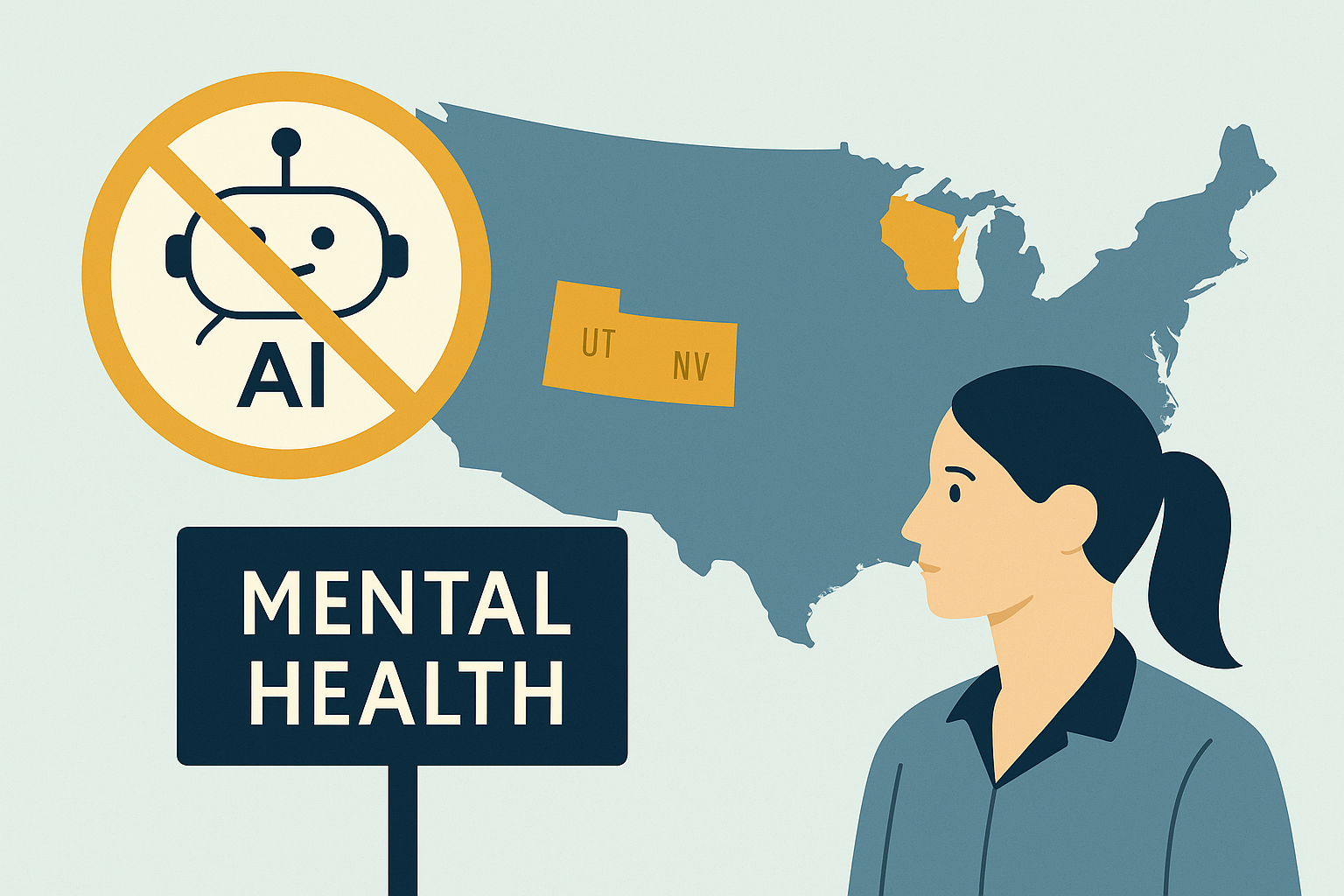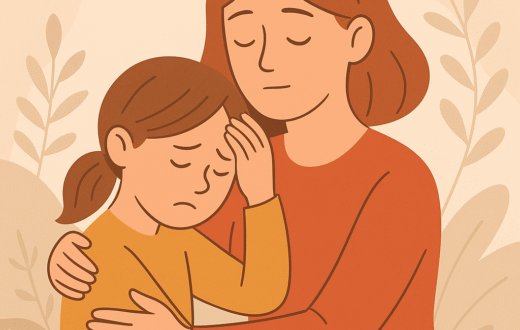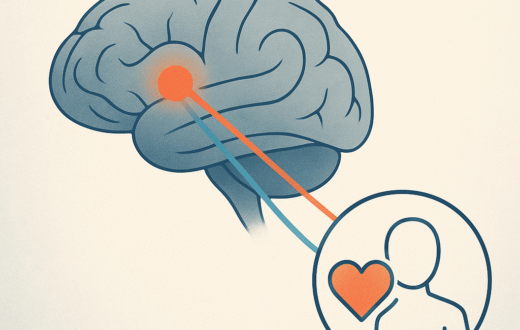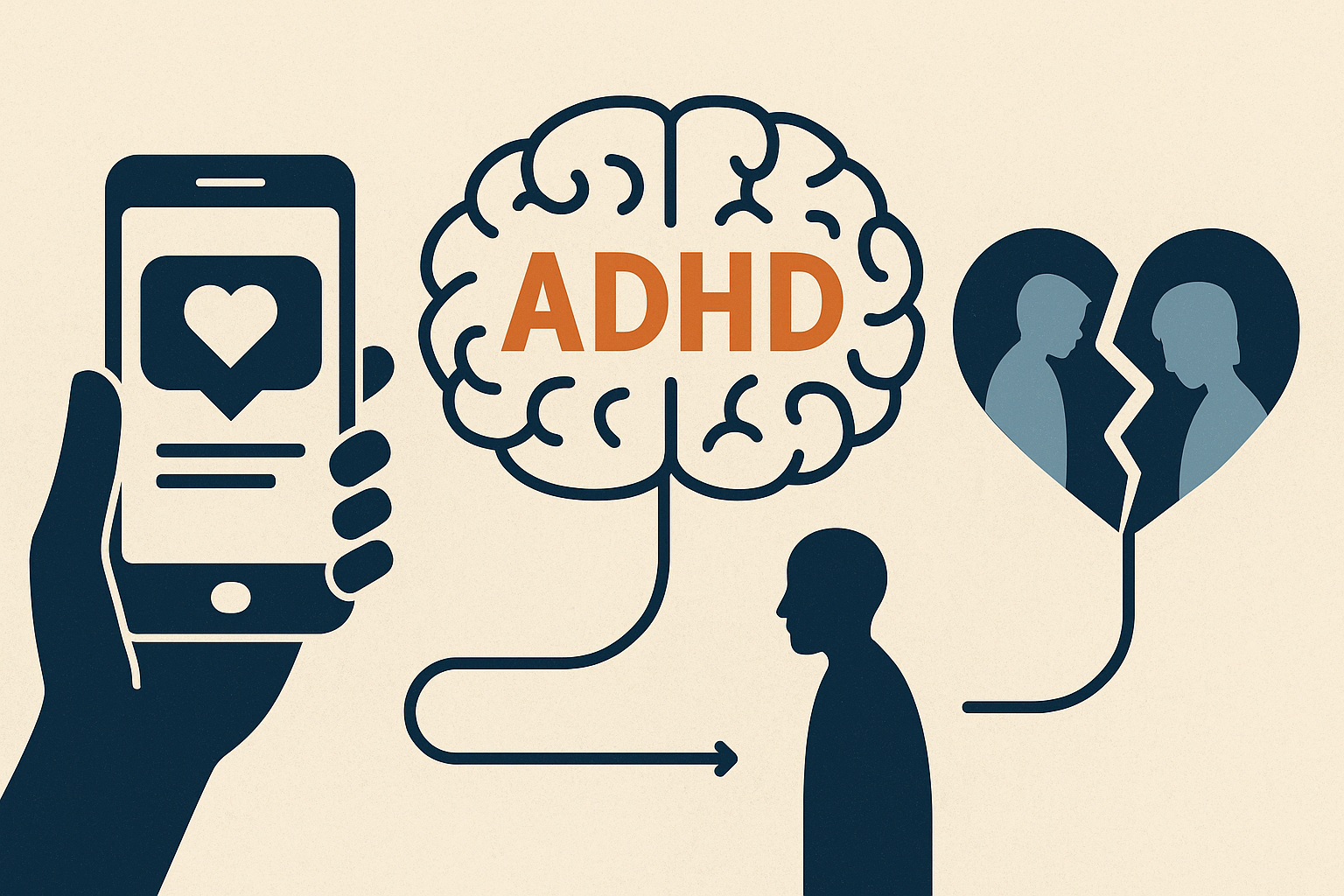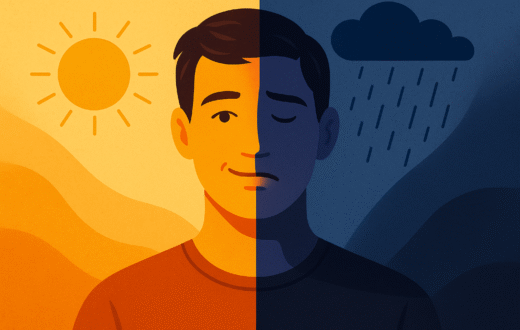What Disabled People’s Stories Reveal About Interdependence
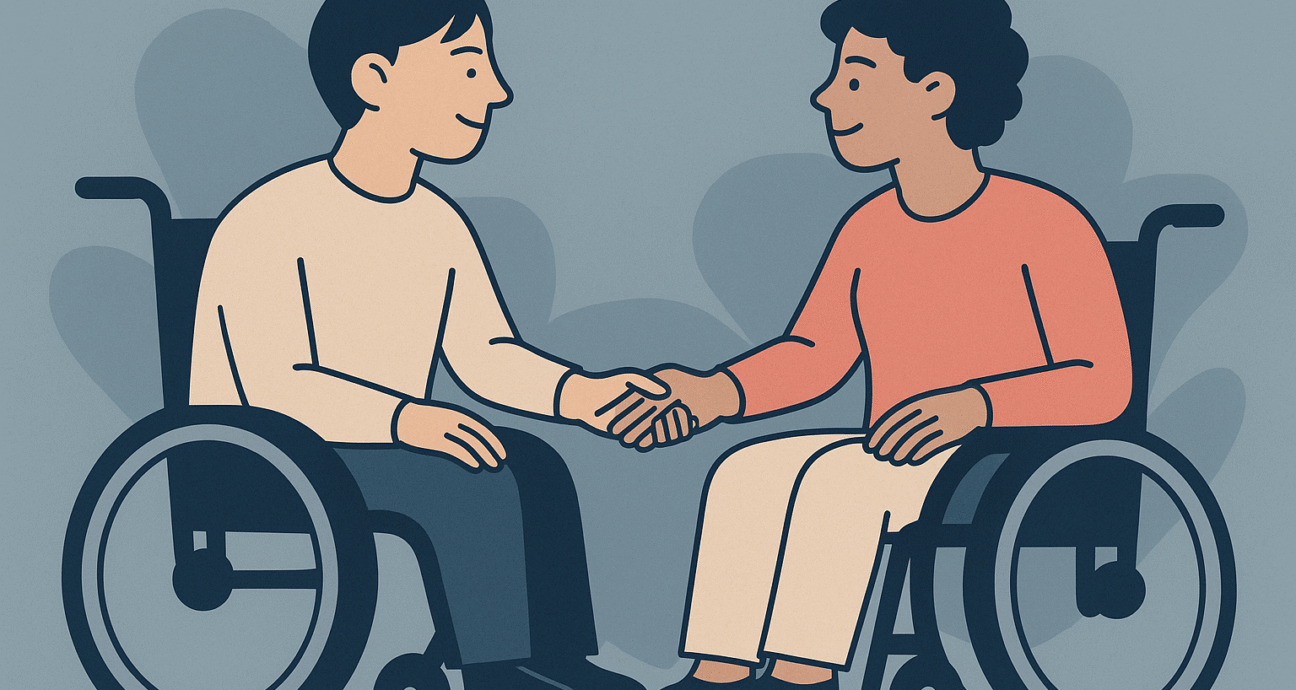
The COVID-19 pandemic created serious challenges for nearly everyone, but people with disabilities carried an especially heavy burden. Studies from multiple fields highlight their higher risks: reduced employment opportunities, greater declines in quality of life, higher rates of mental health struggles, and increased mortality compared to non-disabled peers. Yet many disabled individuals entered the pandemic with lived experience that, in some ways, made them more prepared. Practices like long-term masking, remote communication, and adapting daily routines were already familiar to those managing chronic illness or mobility limitations.
Our recent study shows that what prepared people with disabilities for those difficult years was not only their practical experience but also their unique way of interpreting their lives.
Between 2020 and 2022, we followed 108 U.S. adults with disabilities. Alongside measures of psychological health, participants shared over 950 personal stories of milestones, setbacks, and moments where disability played a central role. Drawing on the concept of narrative identity—the stories people construct to define who they are—we found a recurring theme: interdependence. Unlike the American cultural ideal of independence, participants described themselves through mutual reliance, shared resilience, and reciprocal care.
One participant, for example, reflected on supporting a close friend with mobility issues during a difficult year. They attended medical appointments together, leaned on each other during health setbacks, and found comfort in simply spending time talking and laughing, even while facing pain and uncertainty. Their phrase, “just getting along, together,” became the title of our paper, perfectly capturing the essence of interdependence.
Interestingly, the role of this theme shifted over time. In late 2020, when strict lockdowns limited in-person interaction, narrating life through interdependence was linked with worse mental health. But by 2022, when social and material conditions had improved, interdependent storytelling was associated with better psychological well-being. This suggests that our life narratives are constantly shaped by the realities around us.Published in the Journal of Personality and Social Psychology, our study demonstrates that disabled individuals often frame their lives in ways that highlight interconnectedness. This perspective not only supports resilience but also challenges cultural assumptions that equate strength with independence alone.
